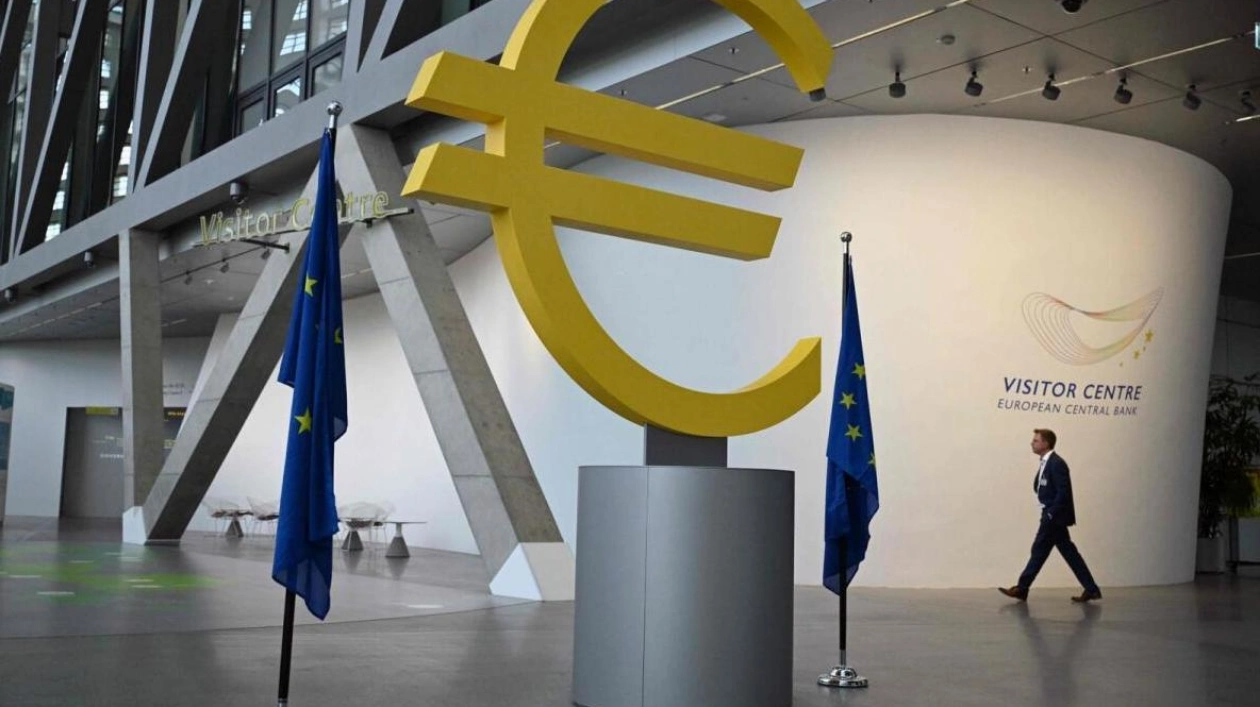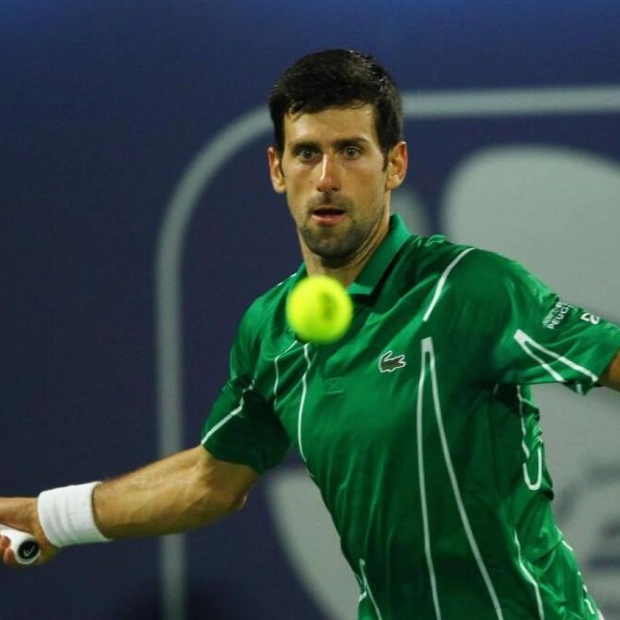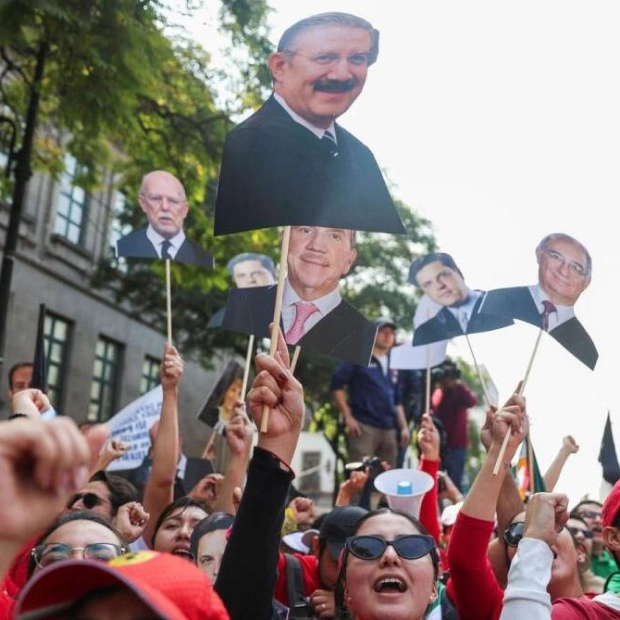European Central Bank (ECB) policymakers are increasingly divided on the economic outlook, a disagreement that could influence the debate on interest rate cuts for months. Some policymakers are concerned about a potential recession, while others are more focused on persistent inflation pressures, according to sources close to the discussions. The ECB reduced interest rates in June and is expected to ease further in September due to slowing price growth. However, future policy decisions may become more complex as the eurozone economy faces a more uncertain future, as indicated by discussions with nearly a dozen sources.
The central debate revolves around how a slowdown in economic growth and a possible recession could affect inflation, which is the ECB's primary concern. The aim is to reduce inflation to 2% by the end of 2025. Although these discussions are largely confidential, insiders reveal conflicting opinions. Some, known as policy doves, argue that the economy is weaker than anticipated, with rising recession risks and a softening job market as companies start to reduce job openings. This could lead to lower employment, reduced disposable income, and a subsequent decline in consumption, potentially accelerating a downturn.
On the other hand, policy hawks, who have been influential since the start of rapid rate hikes in 2022, believe that economic indicators consistently outperform weak survey data, suggesting a more resilient economy. They point to strong consumption, a successful tourism season, and a rebound in construction as signs of respectable growth. Additionally, they note that wage growth remains significantly above the level needed to achieve a 2% inflation target, which could help insulate the economy from downturns.
The disagreement is unlikely to affect the ECB's decision to cut rates in September, as there is already a broad consensus on this action. However, it could impact how ECB President Christine Lagarde communicates the decision, potentially influencing expectations for the October meeting. While the ECB is expected to maintain its cautious approach to setting policy, some policymakers want Lagarde to emphasize growth risks and hint at the possibility of consecutive rate cuts. Conversely, others are concerned that such a message could raise market expectations too high, putting the ECB in a difficult position.






